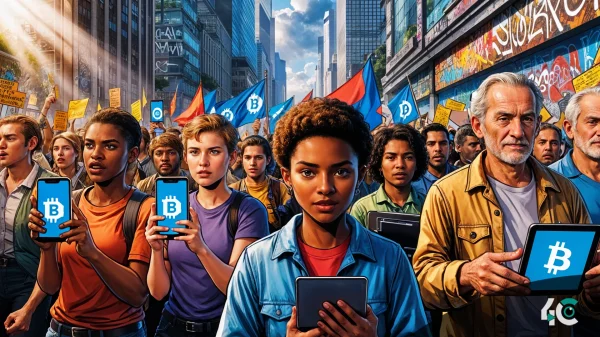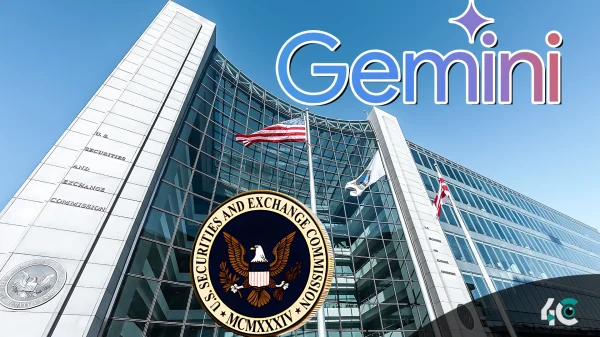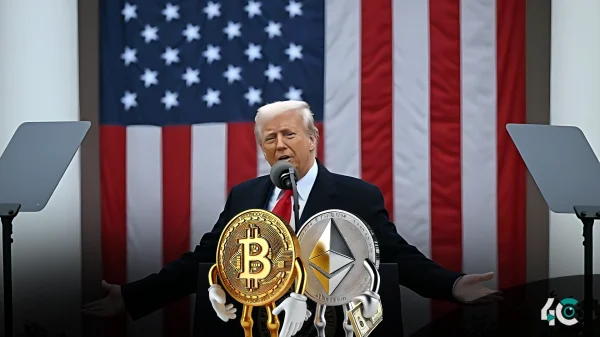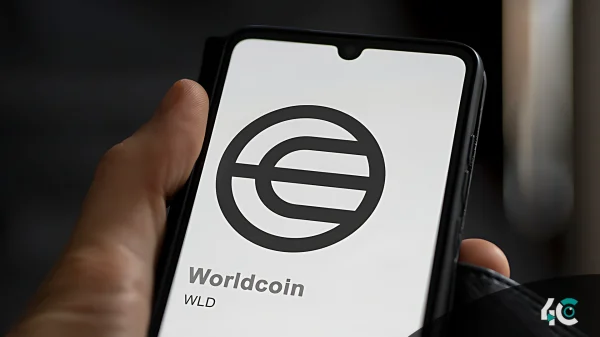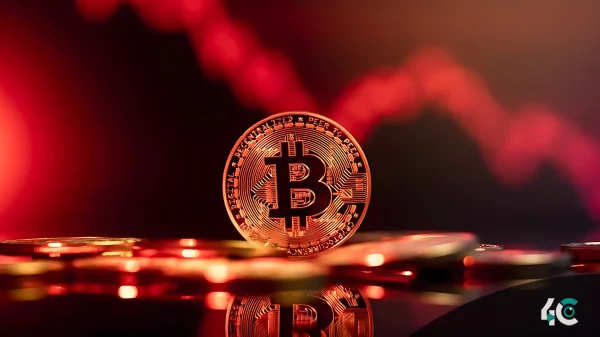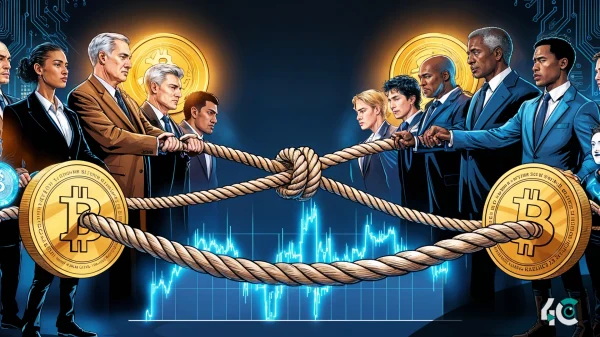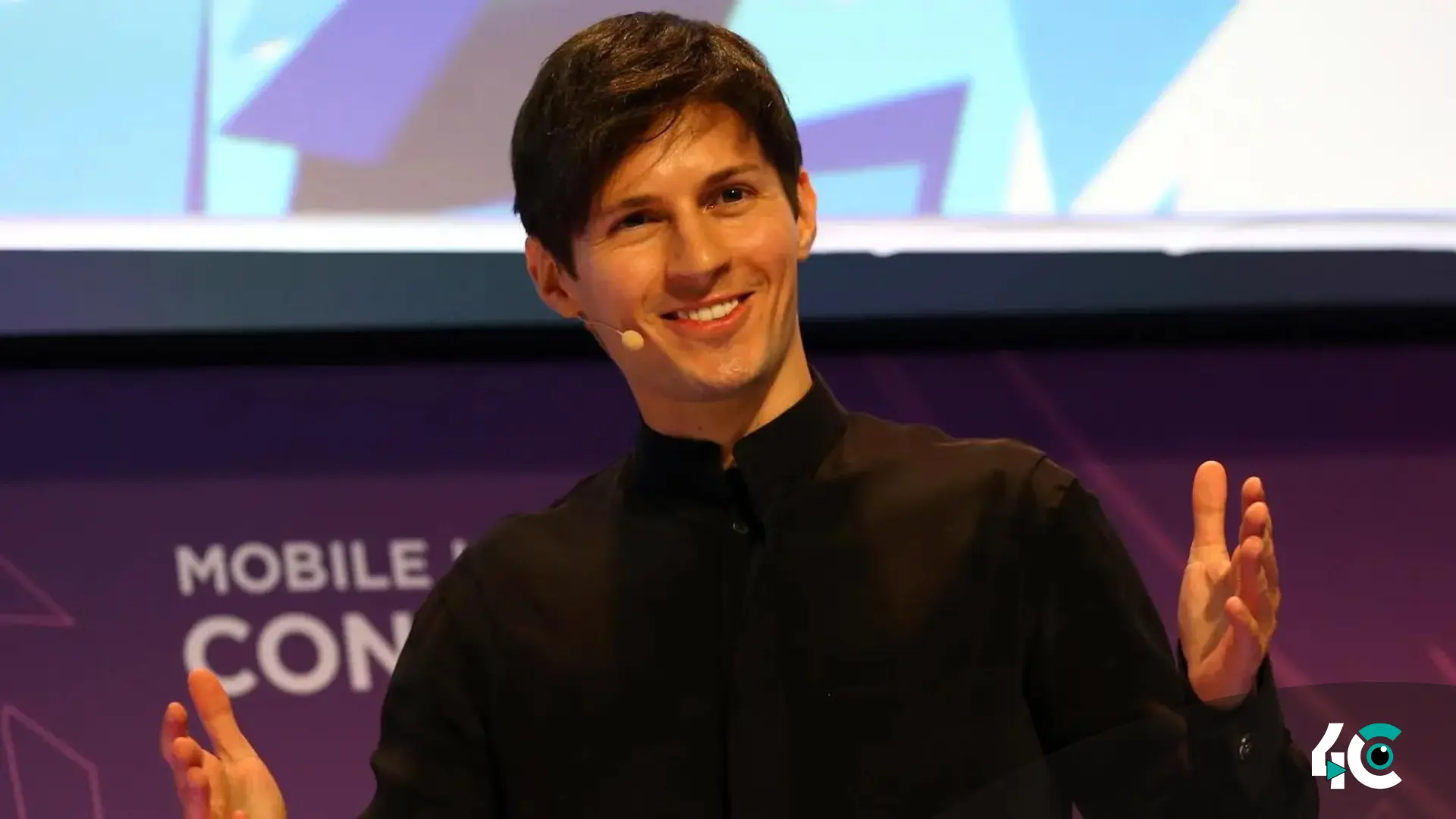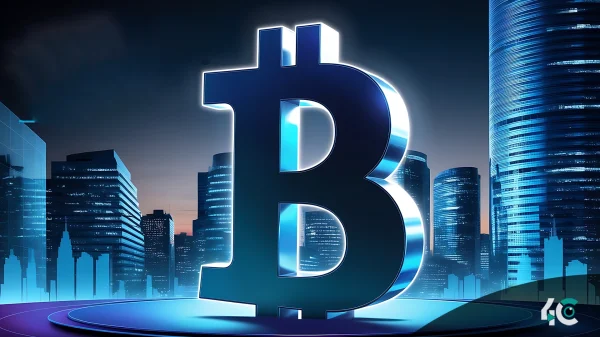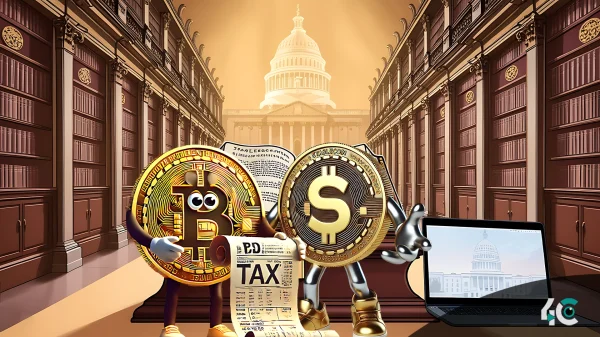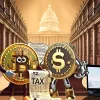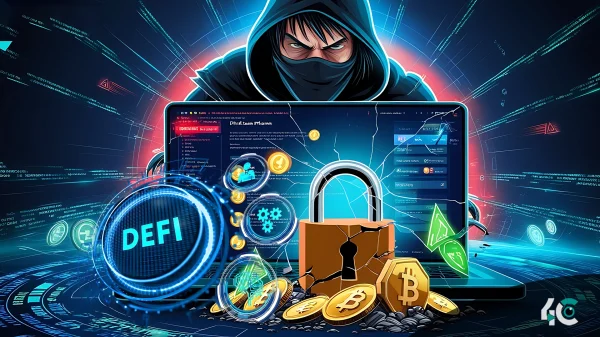According to reports, France has detained Pavel Durov, the founder and CEO of the popular messaging platform Telegram. His arrest, which occurred after his private jet landed at Le Bourget airport near Paris, has stirred significant controversy and concern. Multiple sources indicate that Durov faces a range of serious charges, including terrorism, drug trafficking, conspiracy, fraud, and money laundering, despite the lack of official confirmation.
According to reports, authorities apprehended Durov, who holds dual citizenship in France and Russia, due to his perceived lack of cooperation with law enforcement and suspected involvement in various criminal activities.
French authorities had issued an arrest warrant valid only if Durov was on French soil, and it appears that he was trying to avoid countries where Telegram is under strict surveillance. The news of his arrest has had a significant impact on the cryptocurrency market, with Telegram’s cryptocurrency experiencing a sharp decline in value. Public figures from around the world have weighed in on the situation, with some framing Durov’s arrest as an attack on free speech.
Notable voices, such as American commentator Candace Owens and former Fox News host Tucker Carlson, have expressed concerns about the implications of this arrest for other platform owners who prioritize privacy and free speech. Durov’s charges remain unresolved by French authorities, and they anticipate a formal statement shortly. In the meantime, the Telegram community and Durov’s supporters have voiced their backing for the CEO, emphasizing the platform’s commitment to freedom of speech and decentralization.
The Russian Embassy in France has also become involved, seeking clarification and demanding the protection of Durov’s rights. Some see Durov’s detention as part of a broader trend of increasing government surveillance and control over digital communications. As the situation develops, the arrest of Pavel Durov raises important questions about the balance between security, privacy, and free speech in the digital age.


